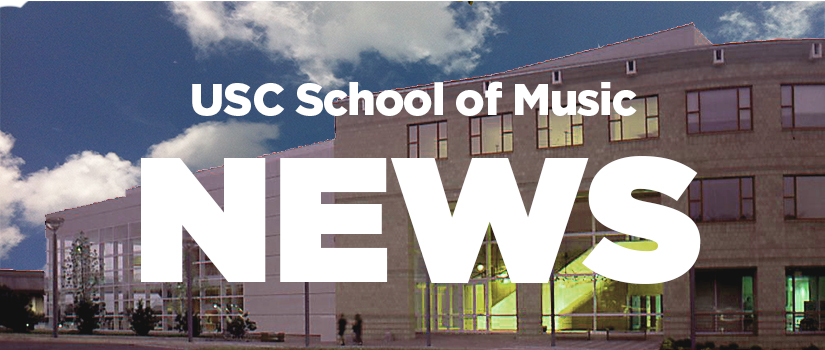The year-long fellowship will allow Hubbert to complete her second book, an examination of Hollywood film music practices in the 1960s and 70s.
 Julie Hubbert, an associate professor of music history, has been awarded a distinguished National
Endowment for the Humanities Fellowship. The award will support a year’s leave of
absence from her teaching responsibilities at the university to complete work on her
book, Technology, Listening and Labor: Music in New Hollywood Film (1967-1980).
Julie Hubbert, an associate professor of music history, has been awarded a distinguished National
Endowment for the Humanities Fellowship. The award will support a year’s leave of
absence from her teaching responsibilities at the university to complete work on her
book, Technology, Listening and Labor: Music in New Hollywood Film (1967-1980).
The National Endowment for the Humanities’ year-long Fellowships, which are prestigious and highly sought after, are granted to scholars whose projects embody exceptional research, rigorous analysis and accessible writing. Because the NEH accepts applications from scholars around the country in all disciplines of the humanities, its Fellowships are extremely competitive. Typically, less than six percent of proposals are funded every year.
A scholar of film music, Dr. Hubbert holds appointments in both the School of Music and Film and Media Studies and is also an affiliate faculty member in the Global Studies program at UofSC. Her book Technology, Listening and Labor: Music in New Hollywood Film reexamines film music in the 1960s and 70s when filmmakers abandoned classical orchestral underscoring for a range of practices, especially “compilations” of commercially-recorded music.
While most scholars have focused narrowly on the use of rock music in youth films or Stanley Kubrick’s appropriation of classical music, Hubbert’s study finds the use of recorded music significantly more wide-spread and the range of styles more eclectic than previously understood. It also examines how these changes in film music were made possible by the studios' assault on union labor, the abandonment of magnetic sound in movie theaters, and by the wide-spread adoption of “high fidelity” and countercultural listening practices. Her study reexamines some of the most iconic film soundtracks from the period – 2001: A Space Odyssey, American Graffiti, The Godfather, Raging Bull, McCabe and Mrs. Miller, The Exorcist, but also brings new attention to less examined music soundtracks including Badlands, Last Picture Show, What’s Up, Doc?, Zabriskie Point, The Conversation, The Strawberry Statement and Harold and Maude.
Dr. Hubbert has conducted significant research for this book in film archives in Los Angeles, New York, London and Toronto, work that has been supported by an NEH Summer Stipend, a Provost’s Humanities Grant, and a Walker Institute Faculty Research Grant.
She is also an award-winning teacher having won a Mungo Award for Excellence in Undergraduate Teaching and the Cantey Outstanding Faculty Award in the School of Music.
